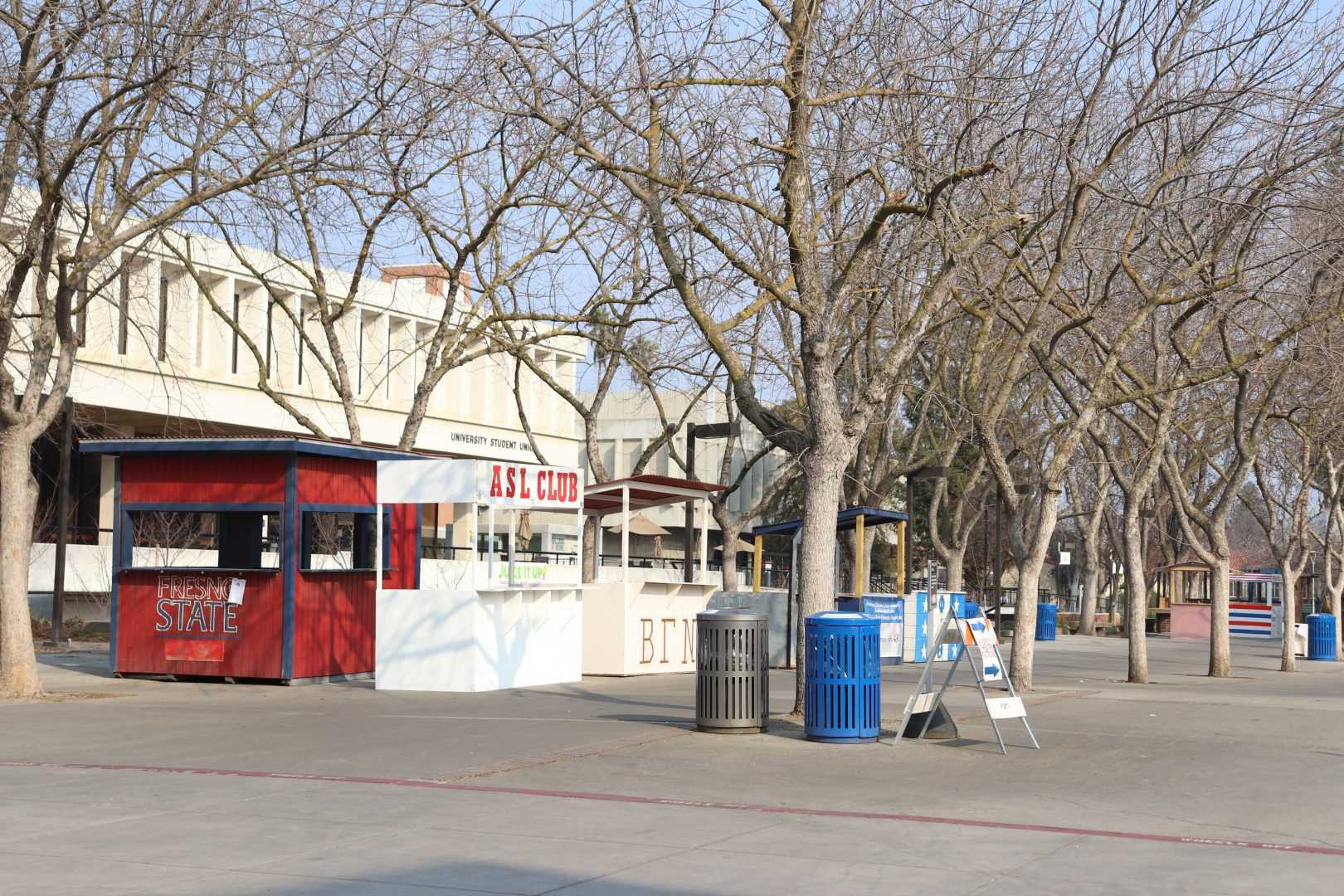Destiny Ramirez is a full-time student at Fresno State, working in a job to try to make ends meet.
Due to the limited work hours offered, Ramirez periodically takes public transportation as a cost-saving measure to stretch her dollars a little further while in college.
Relying on public transportation often leaves Ramirez subject to the struggles of an inconsistent and unsafe method of transportation, Ramirez said. `.
“They can be early, later and not have your route… It’s a struggle being a female since there are multiple times I have gotten groped, looked at and etc.,” said Ramirez.
In an effort to alleviate economic issues such as these among college students, the Fresno State Sociology Department, alongside the Fresno Bee Ed Lab, hosted a multi-day virtual forum to discuss universal basic income (UBI) on Feb. 8 and 9.
The Zoom forums were hosted by Fresno Bee reporter Isabel Sophia Dieppa and part-time Fresno State sociology professor Janine Nkosi in an effort to raise awareness for UBI.
The call to action also served as a safe space for Fresno State students, faculty and staff to share their opinions on UBI and the potential effects it could have on their daily lives. It ran for one hour with 90 people in attendance. A majority of the attendees were students.
Under a proposed pilot program by Sen. Dave Cortese, university students could expect to receive a $500 monthly stipend for the bottom 20% of low-income families. A draft of the bill is slated to be released sometime during March.
Multiple students at the forum said $500 would alleviate some pressure in their daily lives, and allow them to afford necessities and pay bills.
Even as full-time workers, many students shared their struggles to make ends meet for necessities such as school supplies or basic transportation.
Students expressed difficulty using public transportation, with many students admitting that they either had come late or didn’t make it to class on time as a result of public transportation.
Economic hardships contributed to the lack of personal transportation or readily available private transportation through rideshare companies which affected their attendance at the university.
Although free public transportation is available to students within the city of Fresno, many acknowledged that it wasn’t the best option available due to inconsistent arrival and departure times.
Although the UBI proposal was marketed towards lower-income families, some students at the forum said they paid for their tuition out of pocket because they didn’t qualify for financial aid.
For many of these students, their parents made just enough money to not be considered financially according to students attending the forum.
Some students said they regret not accepting other Californian universities’ offers due to the high financial cost, attending Fresno State due to reduced tuition cost. Nkosi concluded the forum by distributing a link to a resource document that is regularly updated with the latest resources students can take advantage of on and off-campus.




